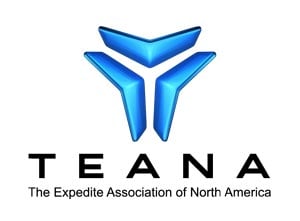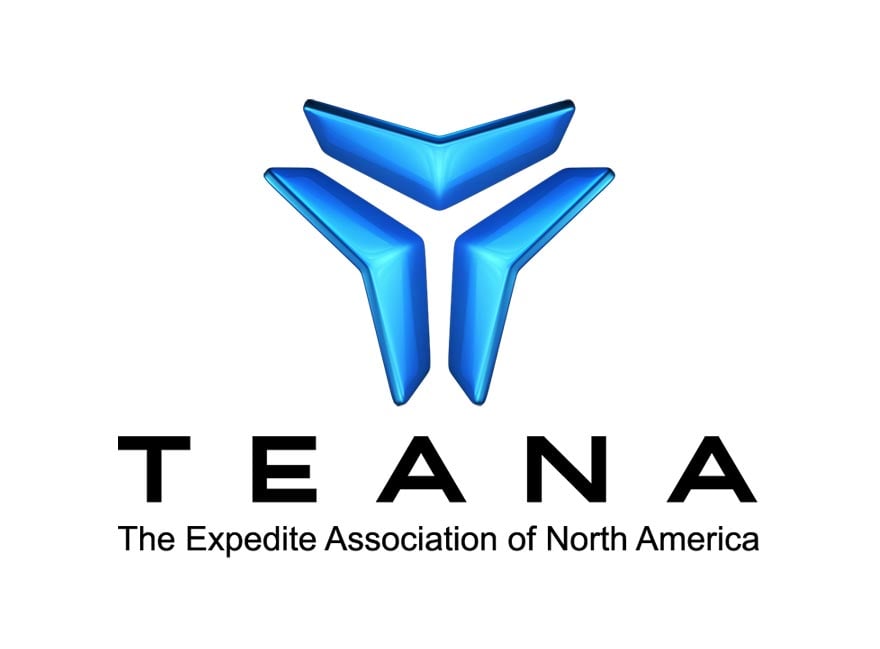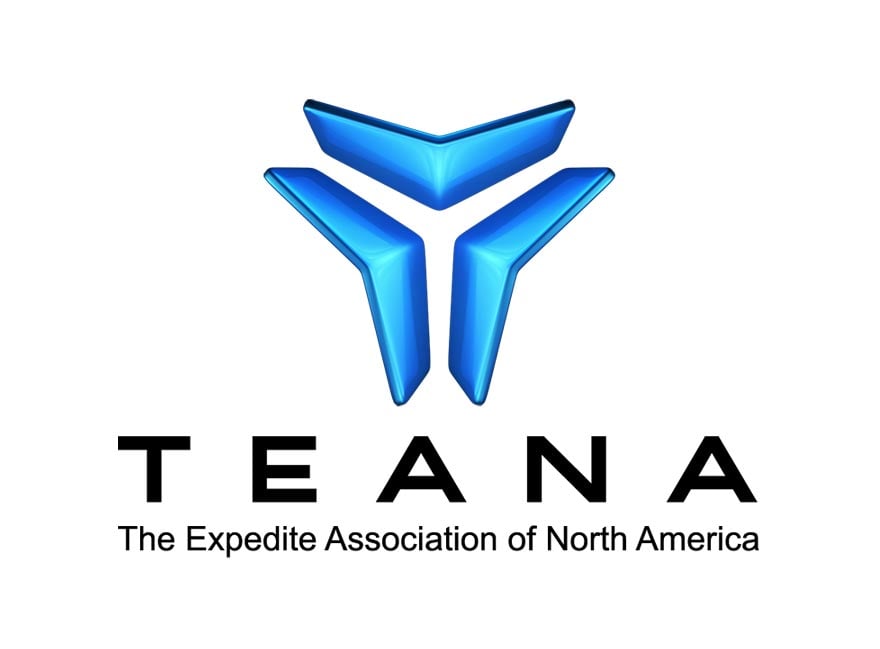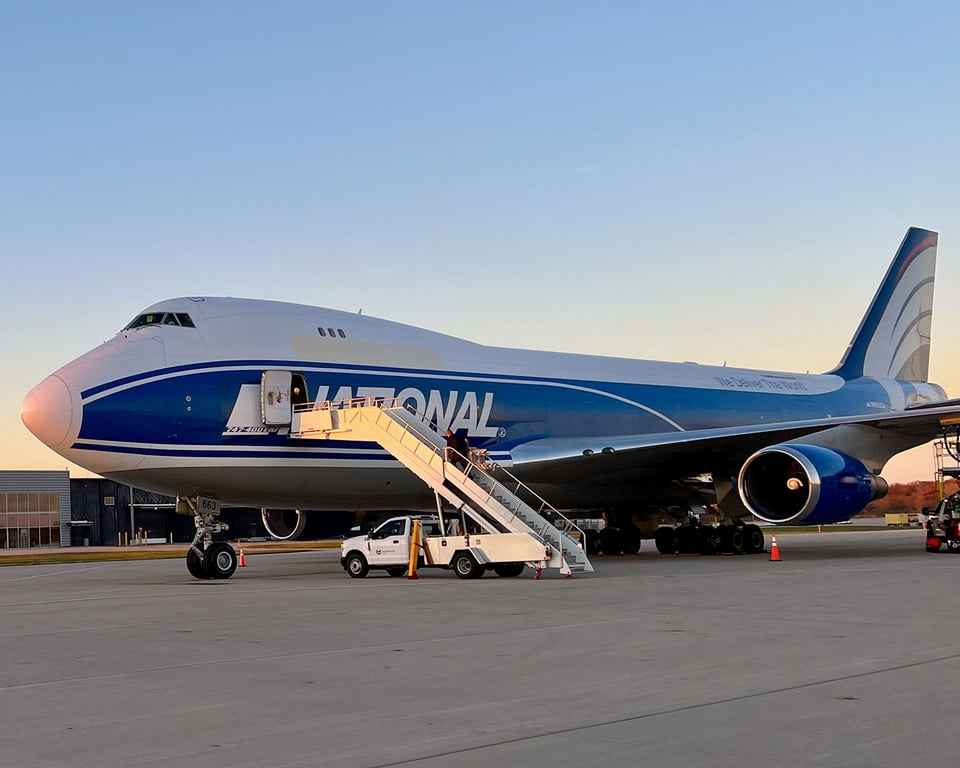
Contents
Regulation and Enforcement
- FMCSA completed few regulatory items in 2023 as a limited agenda awaits
- FMCSA receives multiple petitions for reconsideration concerning emergency relief
- White House reviewing proposed rule on automated driving systems
- Eight devices removed from list of registered ELDs
Legislation
- Speed limiters, younger driver measures still pending in DOT funding bill
- Senate bill would subsidize technologies to make Class 8 trucks cleaner
Courts
Advocacy and Comment
Regulation and Enforcement
FMCSA completed few regulatory items in 2023 as a limited agenda awaits
Although a couple of weeks remain in the year, 2023 has not resulted in many changes in regulations related to motor carriers. According to the agency’s website, the Federal Motor Carrier Safety Administration issued just nine documents characterized as “rules” this year, down from 16 in 2022 and 15 in 2021. In most years – including 2021 and 2022 – many final rules are routine or minor, and the same was true this year.
Of the year’s nine 2023 documents that the FMCSA website lists as “rules,” arguably only four were substantive: (1) addition of oral fluid specimen testing for drugs; (2) the definition of broker and bona fide agents; (3) clarification to the applicability of emergency exemptions; and (4) broker and freight forwarder financial responsibility. Moreover, one of those proceedings – definition of broker and bona fide agents – technically was not a final rule but rather “final regulatory guidance.” Other 2023 rules addressed such minor issues as revisions to civil penalty amounts, fees for the Unified Carrier Registration Plan, and other minor or conforming changes to the agency’s regulations.
Nor has FMCSA been very active in proposing regulations. Aside from proceedings that already resulted in a final rule or action this year, the most significant notice of proposed rulemaking (NPRM) that FMCSA has issued this year was one issued jointly with the National Highway Traffic Safety Administration (NHTSA) to require automatic emergency braking (AEB) systems on vehicles with gross vehicle weight ratings greater than 10,000 pounds. Another NPRM would implement the statutory exemption from its operating authority registration rules for providers of recreational activities operating vehicles used to transport between nine and 15 passengers. FMCSA also issued an advance NPRM (ANPRM) on developing a new methodology for safety fitness determinations, but the agency still needs to issue an NPRM and has not indicated a time frame for doing so.
Regulatory agenda
A government-wide “unified agenda” published in December shows seven final rules on FMCSA’s agenda, but the agenda is out of date; it includes several final rules that have already been published, including the broker financial responsibility and emergency exemption rules and a couple others that are less significant. The most significant final rules envisioned for the coming year are those that were subject to proposed rules this year: the AEB mandate and the exemption for recreational providers.
FMCSA’s agenda for issuing proposed rules is more extensive in volume, but only a few of those proceedings would be considered major. Nor is it clear how many will truly proceed to the NPRM stage based on the agency’s prior performance. Furthermore, the schedule for proposed rules is out of date as is the one for final rules. For example, an NPRM for revisions to the drug and alcohol clearinghouse implementation is listed as being targeted for November 2023. Not only was the NPRM not issued in November, but a draft NPRM has not even been submitted to the White House for review. The same is true for an NPRM concerning amendments to commercial driver’s license requirements.
Two other NPRMs are targeted for this month, which is theoretically possible but not likely. In the case of one related to automated driving systems, at least the NPRM has been submitted to the White House for review. (See article below.) However, FMCSA has not even submitted a draft NPRM on heavy vehicle speed limiters to the White House. Other planned proposed rules in the unified agenda are:
- Fees for the Unified Carrier Registration Plan and Agreement; NPRM target: February 2024.
- Registration of household goods motor carriers; methods to demonstrate qualifications and knowledge of federal regulations; NPRM target: March 2024.
- Commercial driver’s license standards; incorporation by reference of a new state procedures manual; NPRM target: April 2024.
- MAP-21 enhancements and other updates to the Unified Registration System; NPRM target: May 2024
- Incorporation by reference; North American Out-of-Service Criteria; Hazardous Materials Safety Permits; NPRM target: June 2024.
- Commercial motor vehicle drivers’ qualifications; seizure standard; NPRM target: July 2024.
- National Registry of Certified Medical Examiners; administrative removal of medical examiners; NPRM target: July 2024.
- Transparency in property carrier broker transactions; NPRM target: October 2024.
- Electronic logging device revisions; NPRM target: October 2024.
- Emergency egress for buses; amendments to determination of seating capacity and designated seating positions; NPRM target: October 2024.
- Amendment to agency rules of practice; NPRM target: October 2024.
- Preservation of records; NPRM target: October 2024.
- Parts and accessories necessary for safe operation; general amendments; NPRM target: October 2024.
- Self-insurance program cost recovery; NPRM target: October 2024.
- Transportation of fuel for agricultural aircraft operations; NPRM target: October 2024.
Note that FMCSA does not expect to issue proposed rules in many cases until late in the Biden administration’s first term, so final rules before the 2024 election could not occur unless the agency issues NPRMs much earlier. Given the time required to move proceedings through the process, the outcome of the 2024 election could be critical for the fate of any regulation that is at all controversial, such as the one on broker transparency. Any final rule issued within 60 days of the next inauguration would be subject to being withdrawn by a new presidential administration. The U.S. unified agenda is available at https://www.reginfo.gov/public/do/eAgendaMain.
SMS, crash preventability, and DataQs
As has been the case for years, FMCSA in 2023 proceeded with significant enforcement-related actions outside the formal rulemaking process. In February, the agency issued a notice and request for comments on its planned changes to the Safety Measurement System (See https://www.regulations.gov/docket/FMCSA-2022-0066.) As discussed in the February 2023 Regulatory Update, FMCSA decided against adopting the controversial Item Response Theory (IRT) concept, but it proposed various other changes to the structure of the Safety Measurement System (SMS).
Similarly, FMCSA in April issued a notice and request for comments on its plan to expand the scope of the Crash Preventability Determination Program. (See https://www.regulations.gov/docket/FMCSA-2022-0233.) The expansion is expected to double the size of the current program and provide more data for analysis of the impacts of a carrier’s not preventable crashes on its overall safety, FMCSA said.
And in September, the agency published a notice and request for comments on development and implementation of a federal appeals process for requests for data review (RDRs) submitted to FMCSA through its DataQs system. (See https://www.regulations.gov/docket/FMCSA-2023-0190.) FMCSA said it plans to limit RDRs accepted for FMCSA appeal to requests that pertain to significant matters of legal interpretation or implementation of enforcement policies or regulations.
So far, FMCSA has not published any final notice in response to comments submitted concerning SMS, crash preventability, or DataQs adjudication. If FMCSA ultimately proceeds to an NPRM on safety fitness determination, revisions in those areas likely will be relevant to the operation of the new process.
FMCSA receives multiple petitions for reconsideration concerning emergency relief
A final rule issued by FMCSA in October to narrow the scope of safety regulations from which relief is automatically provided has proved to be somewhat controversial. The agency had invited petitions for reconsideration by November 13, and it received five seeking various changes or reversions. Three of the petitions are from agencies or organizations representing states or state agencies: Western Association of State Transportation Officials, North Dakota’s Governor’s Office, and the Montana Department of Transportation. Other petitions were filed by the Commercial Vehicle Safety Alliance and, jointly, by the National Propane Gas Association and the Owner-Operator Independent Drivers Association. For the Federal Register notice of the final rule, visit https://www.federalregister.gov/d/2023-22538.
White House reviewing proposed rule on automated driving systems
FMCSA in December submitted a draft notice of proposed rulemaking (NPRM) to the White House Office of Management and Budget for review prior to publication in the Federal Register. The draft NPRM is aimed at ensuring the safe introduction of automated driving systems (ADS)-equipped commercial motor vehicles (CMVs) by addressing CMV operations, inspection, repair, and maintenance. In addition to various listening sessions and other efforts to solicit input, FMCSA issued an advance NPRM (ANPRM) on the topic in May 2019 and a supplemental NPRM (SNPRM) in January 2023. For prior documents and comments in response, visit https://www.regulations.gov/docket/FMCSA-2018-0037.
Eight devices removed from list of registered ELDs
Effective December 1, FMCSA has removed ELD 2 GO, ELD4TRUCKING, ELOG365, GOLDEN ELD, STEER RIGHT ELD, TruckX-ELD, TST 1 ELD, and WORLD TRUCKING ELD from the list of registered electronic logging devices (ELDs) and placed them on the list of revoked devices due to a failure to meet the minimum requirements established in 49 CFR part 395, subpart B, appendix A. FMCSA also had initially revoked the registration of CI ELD LOGS and , POWERTRUCKS ELD with the same effective date, but both ELDs subsequently were reinstated.
Motor carriers using revoked devices must immediately discontinue their use and replace them within 60 days of the revocation. In the interim, carriers must revert to paper logs or logging software. For a list of registered and revoked ELDs, visit https://eld.fmcsa.dot.gov/List.
Legislation
Speed limiters, younger driver measures still pending in DOT funding bill
Funding for the federal government is scheduled to expire February 2, which means that provisions included in funding bills are still subject to being included in whatever final legislation Congress and the White House might eventually settle on. Neither the House nor Senate version of the Department of Transportation appropriations bill has cleared its respective chamber, although the House has essentially completed consideration of its bill (H.R. 4820) except for the final vote.
The Senate version of the DOT appropriations bill (S. 4670) includes nothing that is not already part of the current appropriations act in place. However, H.R. 4820 includes some notable new administrative provisions. The bill would bar FMCSA from mandating speed limiters on heavy-duty trucks as the agency plans to do. H.R. 4820 also would block two conditions FMCSA imposed on participation in the Safe Driver Apprenticeship Pilot Program, which Congress established in 2021 to test the use of commercial drivers aged 18 to 20 in interstate operations. The two conditions addressed in the bill are use of inward-facing cameras and carrier registration of an apprenticeship program with the Department of Labor.
For more on H.R. 4820, visit https://www.congress.gov/bill/118th-congress/house-bill/4820. For more on S. 4670, visit https://www.congress.gov/bill/117th-congress/senate-bill/4670.
Senate bill would subsidize technologies to make Class 8 trucks cleaner
Sens. Gary Peters (D-Michigan) and Pete Ricketts (R-Nebraska) introduced a bill (S. 3315) that would create a Department of Energy (DOE) voucher program to assist truckers in purchasing and installing fuel-efficient technologies on Class 8 trucks. Technologies covered by the program include active aerodynamics, active rolling resistance, dynamic axle lift control, non-auxiliary power unit active idle reduction, and other improvements DOE determines to be appropriate. Vouchers would cover a total of $2,500 to $4,000 of expenditures per truck based on the fleet’s size with smaller fleets obtaining maximum assistance. For more information on S. 3315, visit https://www.congress.gov/bill/118th-congress/senate-bill/3315.
Courts
Federal judge rejects Bimbo Bakeries’ counterclaim in misclassification suit
A U.S district judge in Vermont on December 4 dismissed a counterclaim against bakery distribution drivers who are arguing that Bimbo Foods Bakeries Distribution LLC owed them overtime compensation and misclassified them as independent contractors rather than employees. The merits of the drivers’ lawsuit have not been resolved, but Bimbo Bakeries’ “unjust enrichment” countersuit argued that in the event the misclassification claim succeeds, the drivers should have to repay funds that they received by virtue of their designation as independent contractors.
U.S. District Judge William Sessions ruled that the counterclaim is barred by the Fair Labor Standards Act. “The FLSA’s remedial scheme and accompanying regulations are sufficiently detailed to evince a Congressional intent to preempt common law remedies stemming from the same violation when those remedies are sought to reduce FLSA liability,” the judge declared. He noted that FSLA contains a thorough remedies section detailing the offsets available to liable employers. Judge Sessions also agreed with the arguments of the drivers and intervenor U.S. Department of Labor that allowing such counterclaims are contrary to fair application of FLSA. Employees would hesitate in bringing FLSA claims if they knew that any benefit conferred could be clawed back under an unjust enrichment claim, and they might hesitate to speak with DOL representatives seeking to enforce the statute, he said.
Advocacy and Comment
Auld Lang Syne
It is time to say goodbye to 2023, a year gone by without fond memories. Although nothing of major consequence occurred at the federal level, the thorough deconstructed status of federal transportation law and precedent has become readily apparent.
(1) Over 100,000 new carriers sought operating authority. All were granted based upon provision of insurance and agents without a new carrier audit and were left with “unrated” status. Hence, they were unable to compete on equal footing with established carriers because of potential fraud and vicarious liability. Rather than institute and expedite the new carrier audit and issue a new safety fitness rating based on it desktop audit procedures, the FMCSA signaled it is doubling down on a reboot of SMS and preventability / DataQ without addressing the specifics. Civil courts adjudicate carrier liability resulting from accidents. Traffic infractions are subject to judicial appeal, yet the FMCSA proposes to create a third adjudication process for roadside inspections and preventability which would base carrier fitness on the accumulation of driver errors and vastly increased data accumulation necessary for data sufficiency. In this context, the trucking industry is worn out with SMS roadside data which has been criticized by the National Academies of Science, DOT, and Congress as well as its withdrawal when proposed as a rule seven years ago by the agency.
(2) Fraud and data integrity. Representatives of every type of stakeholder and interested party in interstate trucking recognizes the need for federal prosecution of criminal fraud in the supply chain. As of yet, neither DOT nor its Office of Inspector General have embraced the need for a special task force dedicated to enforcing anti-crime statutes and prosecuting organized crime. The FMCSA, which is looking at data integrity problems with phantom carriers and brokers and unqualified process agents have stated the prosecution of fraud is the OIG’s responsibility. Because of the bipartisan nature and support for this issue, hopefully it can gain traction with Congress notwithstanding the other dysfunctionality of the upcoming election year.
(3) Other issues. Cost of equipment, labor issues, and attacks on the owner operator model remain unresolved issues. There appears to be little support for the National Transportation Policy, the owner operator model as a small business opportunity, or any enforcement of rules of the road which require special treatment of the owner operator model. Participation in DOL initiatives will be to make the case that blue collar entrepreneurship is needed.
In sum, interstate commerce, regardless of the mode, will always be within the province of the Federal Government under the Commerce Clause and consistent laws must apply across state lines. The deconstruction of federal trucking laws and principles has given way to laissez faire enforcement of federal rules of commerce and laws of the jungle now apply which need to be readdressed.







